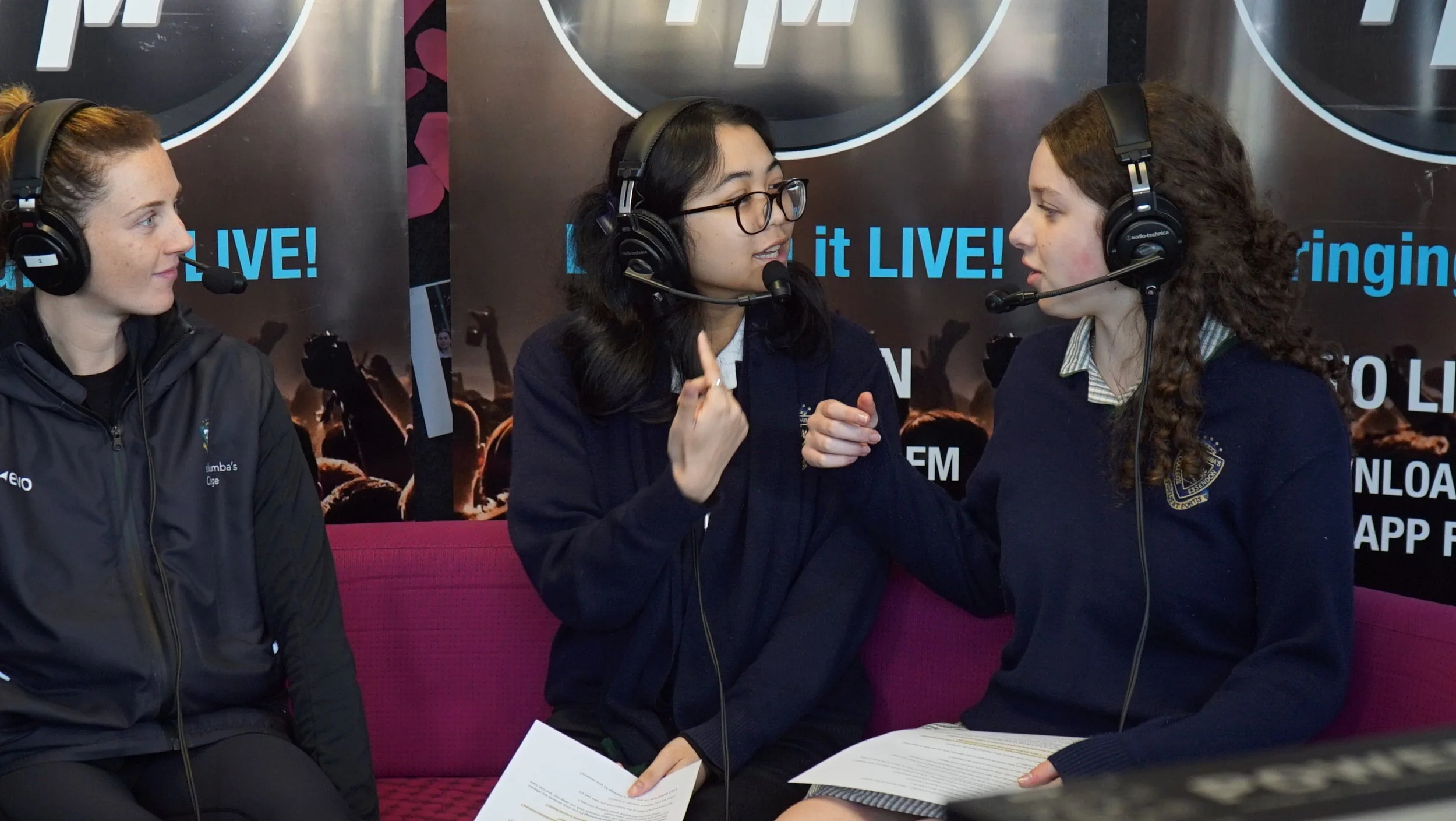Amplifying Critical Thinking: The Podcasting Pathway
In the rapidly evolving landscape of education, fostering critical thinking skills among students is paramount. As educators seek innovative methods to engage and challenge young minds, podcasting emerges as a versatile and powerful tool. This digital medium not only captivates students' interest but also immerses them in a learning process that naturally cultivates critical thinking. This blog explores how the multifaceted stages of podcasting—production, producing, presenting, and promoting—serve as catalysts for developing students' critical thinking abilities, preparing them for the complexities of the modern world.
Production: Sowing the Seeds of Inquiry
The journey into podcasting begins with the production phase, where ideas take root. Here, students are tasked with selecting topics, conducting research, and scripting their episodes. This initial stage demands that students question what they know, identify gaps in their understanding, and seek out information. They learn to evaluate sources for credibility and relevance, distinguishing fact from opinion—a foundational skill in critical thinking. Through this process, students not only become more informed about their subjects but also develop a questioning mindset, essential for critical inquiry.
Producing: Nurturing Analytical Skills
Producing a podcast requires students to transform their research and ideas into a compelling audio narrative. This stage challenges them to organize their thoughts, draw connections between concepts, and anticipate audience questions and reactions. Students must decide which information is most important, how to present arguments logically, and what audio elements (such as interviews, sound effects, and music) will enhance their message. This decision-making process hones their analytical skills, as they must assess the impact of their choices on the clarity and persuasiveness of their podcast.
Presenting: Refining Through Reflection and Feedback
The act of presenting a podcast, whether in a recorded format or live, involves articulating thoughts clearly and engagingly. Students must be adept at explaining their ideas, defending their positions, and reflecting on feedback. This stage fosters adaptability and self-reflection, two critical components of critical thinking. Students learn to consider different perspectives, revise their viewpoints in light of new information, and communicate their thoughts effectively. The presenting phase is a crucible for refining critical thinking skills, as it encourages students to evaluate their work critically and embrace the iterative process of learning.
Promoting: Engaging with Diverse Perspectives
Promoting their podcast introduces students to the broader community, inviting listeners from diverse backgrounds to engage with their work. This exposure to a wider audience—and the feedback that comes with it—challenges students to think beyond their immediate context and consider their podcast's impact on different people. Students learn the importance of understanding their audience, crafting messages that resonate with varied listeners, and responding constructively to critique. Engaging with the community in this way enhances students' ability to think critically about societal issues, audience reception, and the role of media in shaping public discourse.
The Cumulative Effect: A Sharper Mind
Through the comprehensive process of creating and sharing a podcast, students engage in a continuous cycle of questioning, researching, analyzing, and revising. Each stage of podcasting provides a unique set of challenges that require critical thinking to navigate successfully. By actively engaging in this process, students sharpen their ability to think independently, reason logically, and communicate effectively. These skills are not only vital for academic success but are indispensable in navigating the complexities of contemporary life.
Conclusion
Podcasting offers a dynamic and engaging way to cultivate critical thinking skills among students. By guiding them through the process of creating their own podcasts, educators can provide a rich, experiential learning environment that encourages inquiry, analysis, and reflection. As students navigate the stages of production, producing, presenting, and promoting, they develop a deeper understanding of the world around them and their capacity to think critically about it. Let's leverage the power of podcasting to prepare our students for the challenges of tomorrow, equipping them with the critical thinking skills they need to thrive in an ever-changing world.
Ralph Barba
LIVE FM Executive Producer & former teacher
For more information email:
